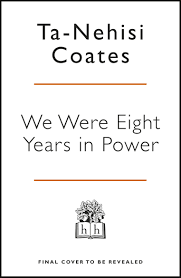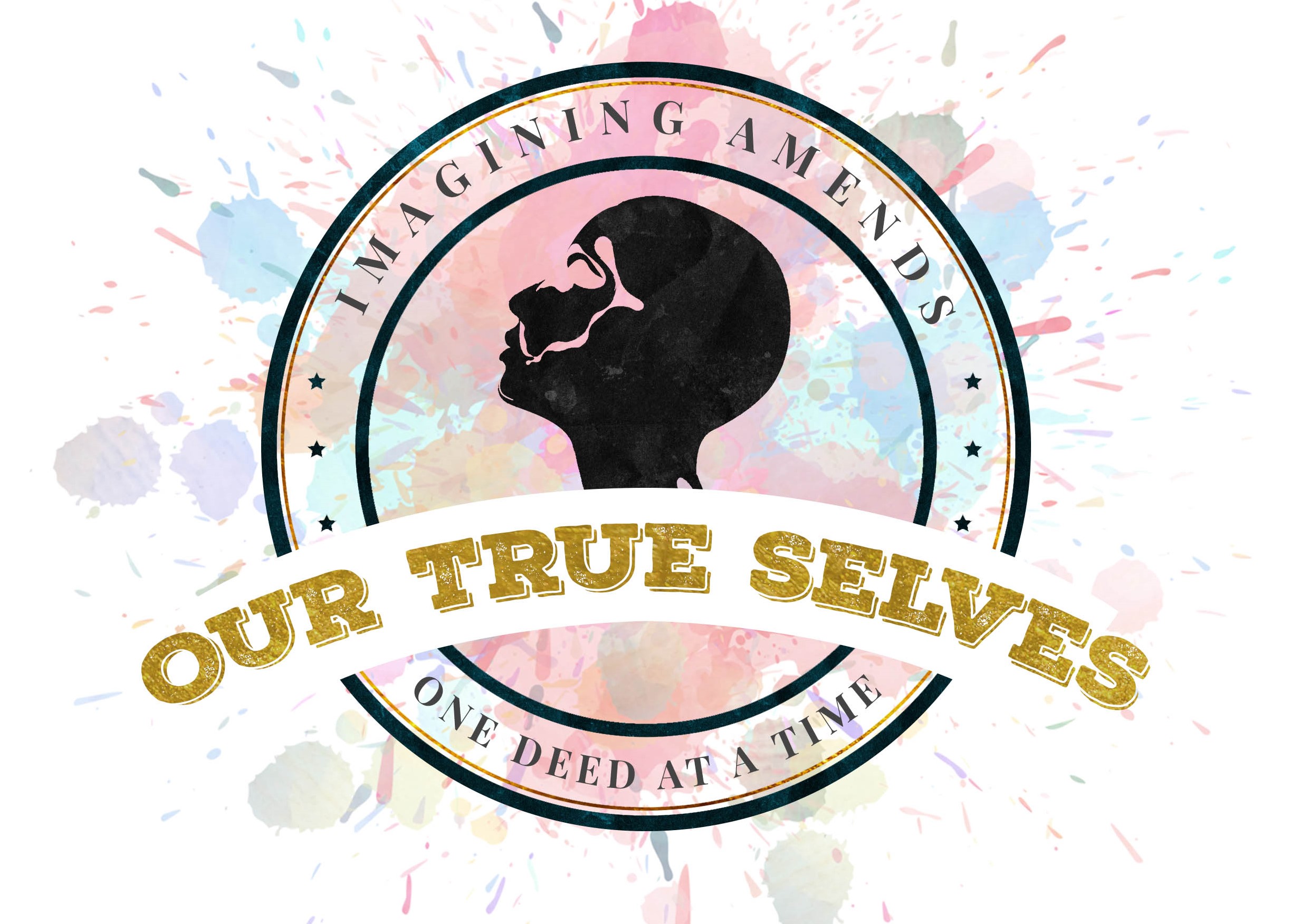
For many of us this has been the year to recite the often quoted Serenity Prayer by the mid-20th century theologian and ethicist, Reinhold Niebuhr: “God, grant me the serenity to accept the things I cannot change, courage to change the things I can, and wisdom to know the difference.”
After this year’s 2020 election in the U.S. I wonder: Are we capable of the “wisdom to know the difference?” How can we not repeat the preceding twelve years of presidential politics: NEITHER the Obama years beginning in 2008 NOR the Trump years in 2016? In particular I wonder what we can learn from the debacle of President Obama’s eight years in office AS WELL AS President Trump’s four years. Consider in that regard the national deadlock and reactionary politics that Ta-Nehisi Coates called: “An American Tragedy,” in his 2017 book: “We Were Eight Years in Power.”
The past twelve years “tragedy” of dysfunctional governance involved political factions that pitted us against fellow citizens throughout our national domestic and civic contexts. They portend a cautionary warning for both conservatives and progressives who fail to woo their ideological counterparts. Instead of rediscovering one another as our most precious resources in the culture wars, we’re at risk instead of continuing to target each other as despicable enemies or, at best, as misbehaving relatives. To foreclose such a tragic national failure we need proactive citizens on opposing sides of every issue to practice win-win strategies, so we can all get beyond the win-lose cycles in which we are all the losers.
So let’s begin to “know the difference” in a small way by behaving more modestly. I’m more mindful nowadays that one person’s good news is another person’s disaster. That’s why I’m urging all of us to practice an Anglican church tradition called the ‘middle way.’ It’s an expression deriving from Richard Hooker’s 16th century mediation of the ‘bitter controversies’ and ‘profusion of bloodshed’ between England’s Protestant reformers and Roman Catholics during his lifetime. He’s on my mind (see the “Religious Mediation” video in our video gallery) because of his commemoration that was also observed last week on Election Day, November 3rd.
Here’s a simple remedy sometimes called ‘threading the needle’ (not to invoke Jesus’ extreme image of a camel going through the eye of a needle; Matthew 19:24). Let’s find a way to observe this week’s election results from ‘both sides of the aisle,’ as we say in our political discourse. Or, using St. Paul’s exhortation in Romans 12:15, let’s ‘rejoice with those who rejoice and grieve with those who grieve.’ In response to the November election results this year, is it possible to do both? Let’s test whether we have the serenity, the courage, and the wisdom to try.


